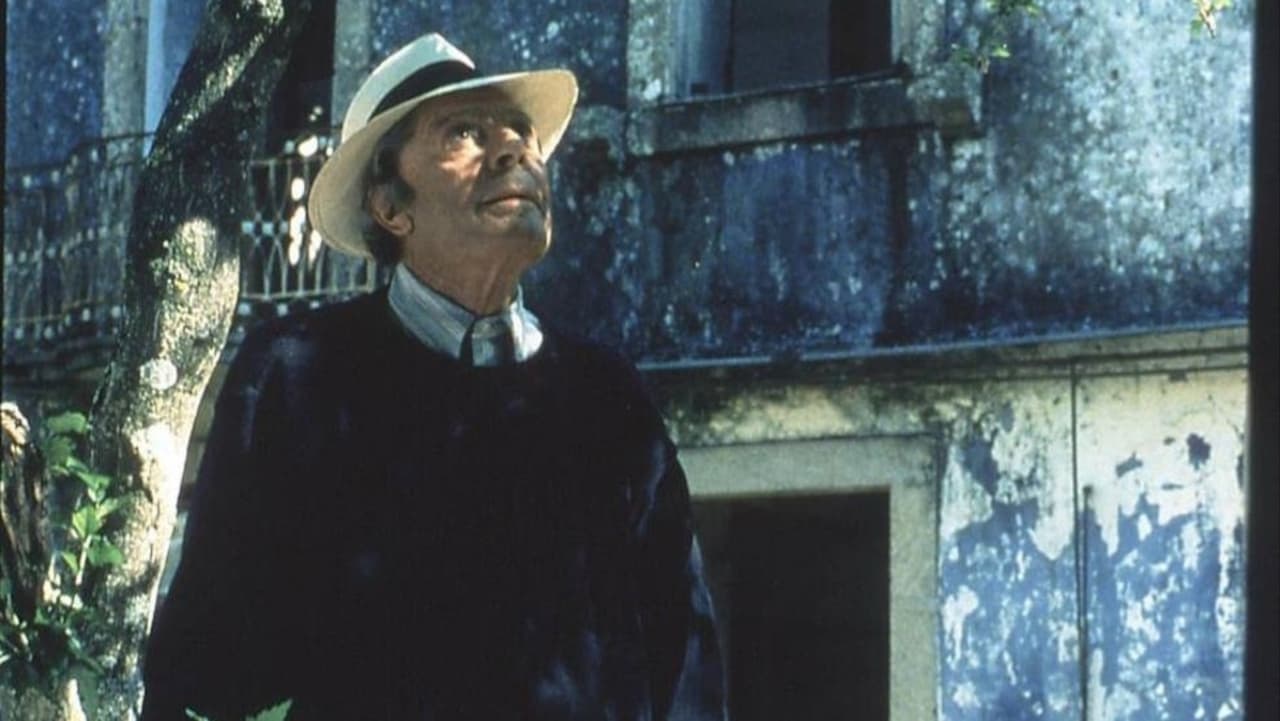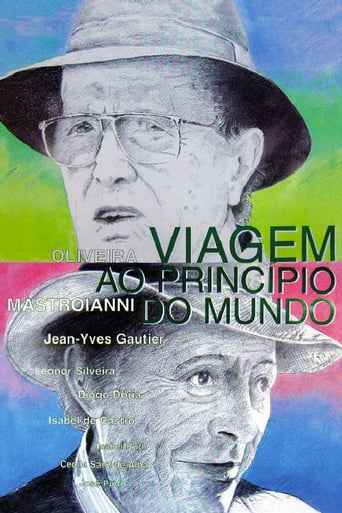

This movie was so-so. It had it's moments, but wasn't the greatest.
... View MoreThis story has more twists and turns than a second-rate soap opera.
... View MoreThe film's masterful storytelling did its job. The message was clear. No need to overdo.
... View MoreThrough painfully honest and emotional moments, the movie becomes irresistibly relatable
... View MoreA world is the radius of influence of an individual. Therefore, the beginning of a world is his birthplace or the location of his earliest memories. Quite opposite, the ends of a world are there where an individual has never been before, since Nothing creates fear. Thus, the beginning, but not the end belong to the world. Furthermore, it is strange that an area which has a beginning, but no end still has a center, although in our world as the sum of the milliards of worlds there were not many in history: Rome, Jerusalem, Peripignan. The first two centers are clearly declared by religious authority, while the latter off sprang a instantaneous dadaist intuition of Salvador Dali. Traveling from his birthplace in Catalugna to the South of France, he saw a cabbage head growing amidst the rails in the railway station of Perpignan. According to Dali, this cabbage head was the center or "head" (Ceu) of the world. It makes sense, that a world which is fixed only on one side of the time or a space axis can have infinitely many centers - as there are individuals namely and thus worlds. For an individual, however, who represents in his spiritual power the center of his world by himself, as Manoel De Oliveira doubtlessly does, it makes sense not to declare a certain point of the earth his center, but to go back to his beginnings in order to conciliate it there with the end of his personal world.
... View MoreSubtle, nostalgic, lyrical poem about memory, death, images of a lost world and origins. A film about love as shadow of existence, about the small traces who gives sense of days and years, about nuances of past and the looks of recollections. It is the last movie of Mastroianni and this fact is a form of nimbus for all film. It is testimony of a splendid art to build a character, to polish his soul, to create the outline of ordinary miracles. It is a film about profound Portugal. About national roots in a huge Europe, about the power and the pressure of words and search. Bits of fado and dust of illusions. A travel to the sense of universe and a transformation of a actor. Some memories, some words in the language of father and a statue. The bones of a life and its trickle.
... View MoreI must say that this film, made by the most prestigious portuguese director (Manoel de Oliveira), is a great reflexion about Portugal's more typical feelings and about life in general. It has in it the symbols of many things like the hard work shown by Pedro Macau, the statue. It is also a way to show the beautiful landscape (at least a sample of it) that my country has... It is important to notice the past of Afonso, the son of a portuguese emigrant in France, which is very common in Portugal (there are about 750 000 portuguese emigrants in France) and the recent portuguese history told by the country old woman. It's a grace to watch to this touching movie. In it Marcello Mastroianni says Goodbye to cinema... and to life. He did the best way, I must say. This peace of art proves at least two things... Poetry can be written through images, and the portuguese people have poetry on its spirit; Oliveira with his now 93 years old proved it... Behold a master piece!...
... View MoreThe title echoes Jules Verne and suggests science fiction, and this is exactly what we get as two filmmakers with very different backgrounds explore their Portuguese past with friends. There are no special effects or gimmicks, just actors and a car, but throughout we sense an entry into another dimension - by simply placing his camera in the back of a car, de Oliveira conflates past, present, future as our heroes go time travelling, journeying into a landscape alien and forgotten, another dimension guarded by a totem carrier, and encompassing history, mythology, literature and folklore.JOURNEY has many themes - the past, cinema, politics, modernity and tradition - but it is really about the difference between banal objectivity and magical subjectivity. For fans of Chris Marker and VERTIGO especially, take this adventure with only de Oliveira's irony to guide you.
... View More